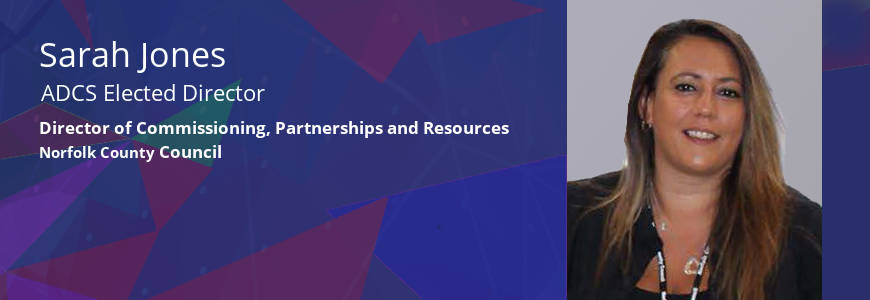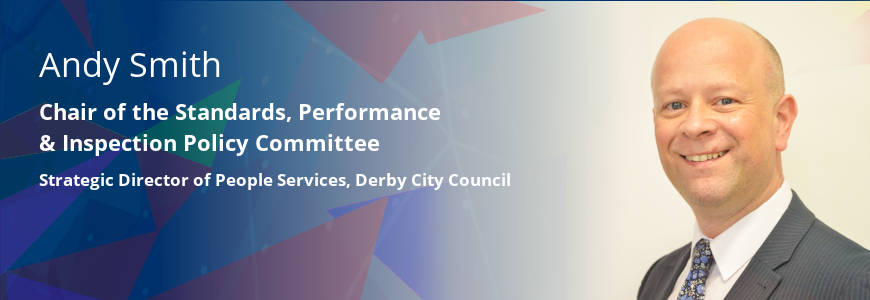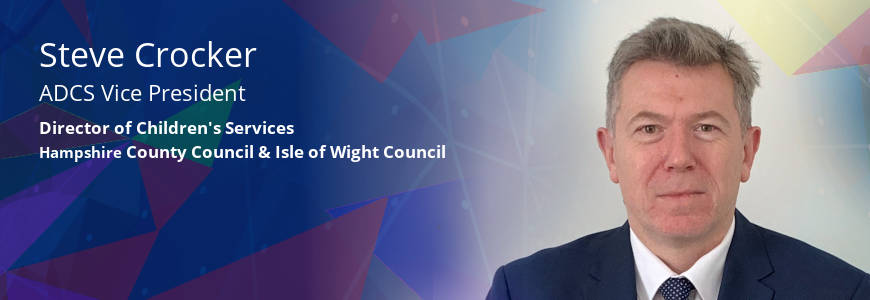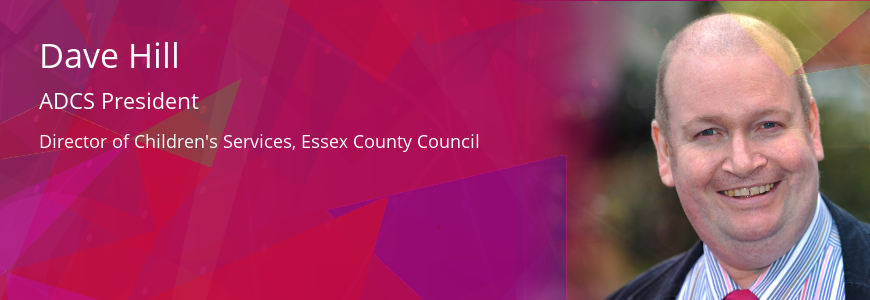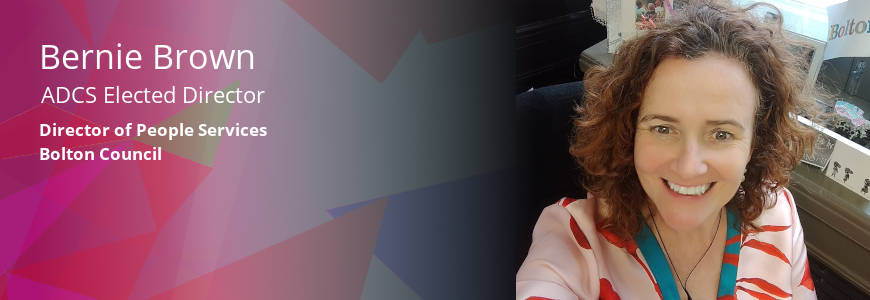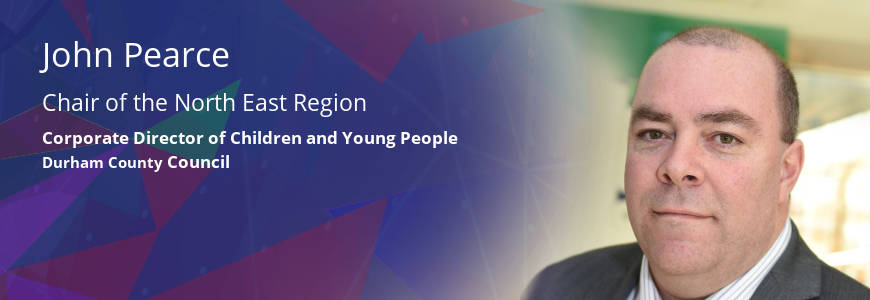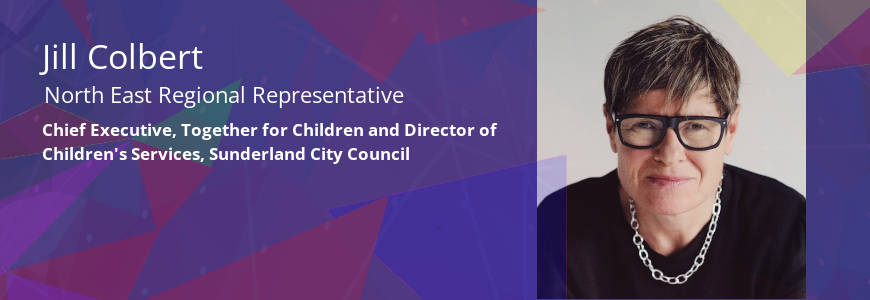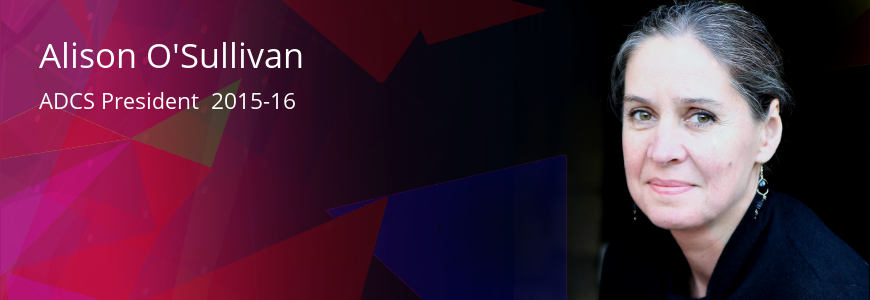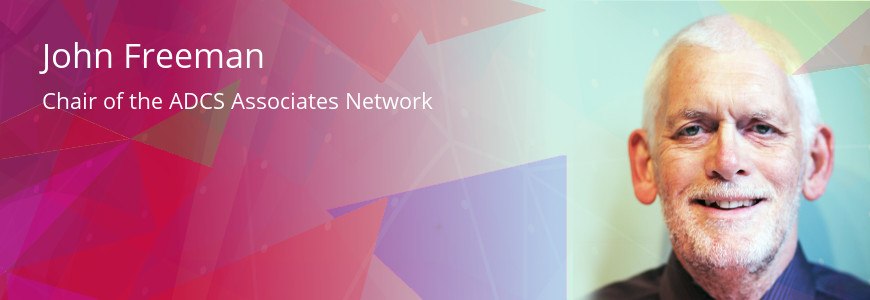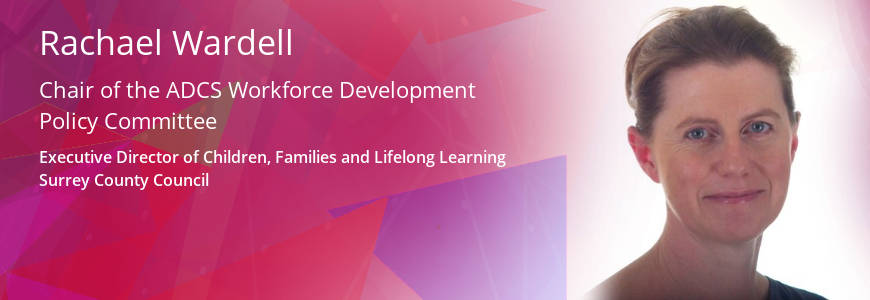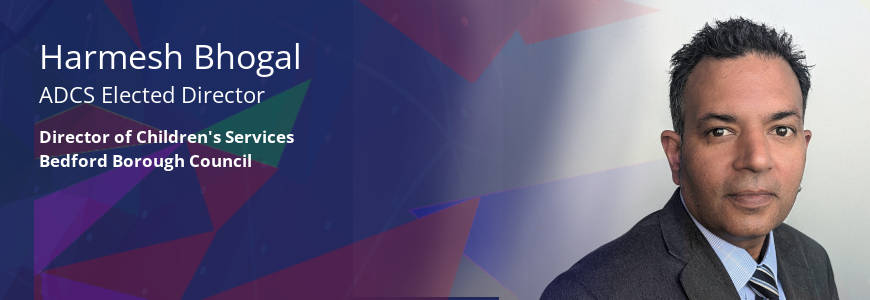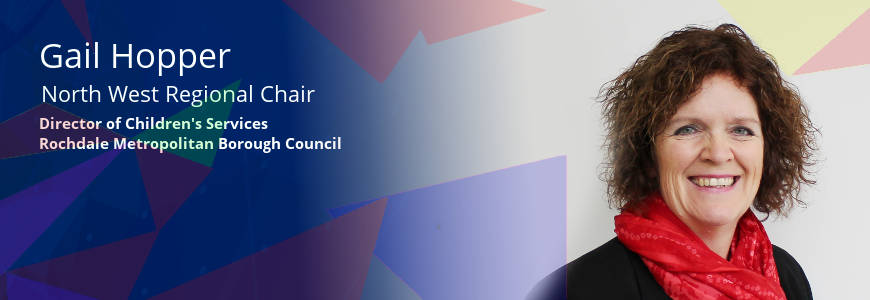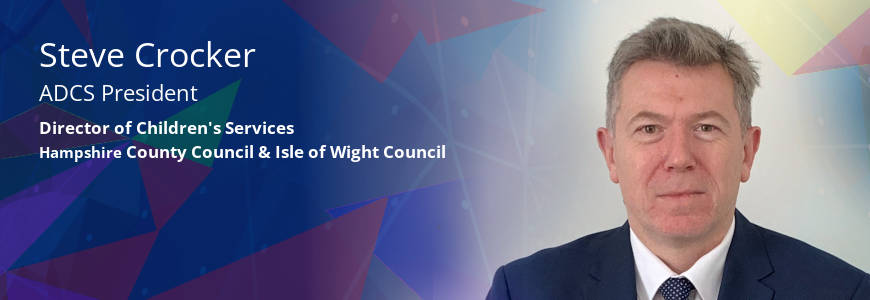Learning from experience
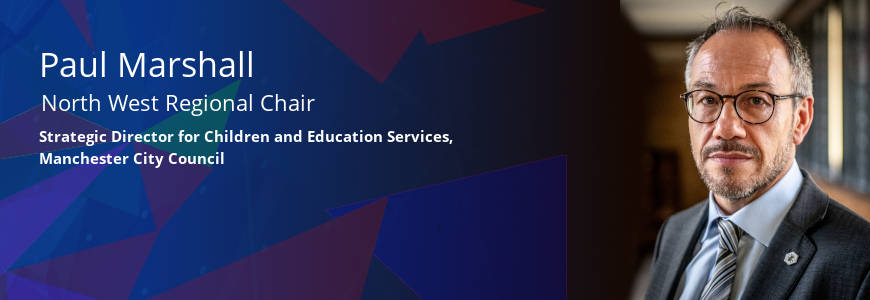
As I write this blog, I do so acutely aware the government’s eagerly anticipated response to the Independent Review of Children’s Social Care has been published and may prove a more interesting read!
I was encouraged to read Ofsted clarifying the position regarding its approach to tackling unregistered children’s homes and what this means for Directors of Children’s Services, not because it lessened the burden of accountability, rather an inherent acknowledgement of the challenges that beset the sector and that such arrangements are ones of last resort. Having had to reluctantly agree to such arrangements on occasion, I felt a sense of liberation at not having to hold a ‘family secret’ by myself for fear of being adjudged to be failing children despite our best efforts.
I hope the government grasp what has been billed as a once in a generation opportunity to develop and fund a national policy framework that tackles, head on, the challenges the sector face as opposed to short-sighted, quick fix, short term funding and increased regulation. Issues of funding, workforce, and sufficiency - none of which are quick fixes – will not be addressed without reflection and learning from experience to avoid unintended consequences.
I stole a moment over a ‘working lunch’ with Sean McKendrick, Deputy Strategic Director at Manchester City Council, as someone who practiced in Scotland during the 2016 Care Review, and asked what the missed and most impactful opportunities were that the DfE could learn from, Sean explained;
The Social Work Scotland Act 1968, the precursor to the Childrens Act (Scotland) 1995 set a distinctively different pathway for Scotland’s approach to policy and legislative development for children. It created permissions for a more integrated service delivery model and a less adversarial approach to meeting the needs for children.
The catalyst for the two care reviews were very similar - both heralding a once in a lifetime opportunity for radical change and reform. In addition, both reviews were led by diligent and thoughtful individuals and were influenced by those who have experience of the care system.
It is noteworthy that Scotland’s review took three years to complete and the views of those with present and past experience of the system were baked into a series of reforms that saw relationships as a driver for change centring around the values of Voice, Family, Care, People and Scaffolding and were articulated into what became the “Promise”. The implementation response supported by all in government were carefully aligned to ‘Keeping the Promise’. “Holding” the voices of those with experience of the care system may prove critical to the depth and design of any subsequent reforms arising out of the Independent Review of Children’s Social Care.
Scotland has a well-established social care outcomes framework; SHANARI (Safe, Healthy, Achieving, Nurtured, Active Respected and Responsible), which have engendered a common language across agencies and professionals to deliver a coherent reporting arrangement driving outcomes. The proposed outcomes framework would do well to replicate these facets.
It would seem Sean’s observations point to the criticality to have an agreed cross party/government set of values and shared reporting framework, that learns from experience, to deliver lasting reforms which create stable homes for children that are built on love.
Related Blog Articles
This year January has been an important month for me working in Norfolk as the...
In Health
I’m writing this blog before I’m due to go on holiday and hoping the fiasco...
In General
When I qualified as a social worker in 1995 BSG (Before the Spice Girls) we’d...
In Care
Well, goodbye 2021, I can’t say that I am sad to see that year go. Indeed the...
In General
Whilst there has been change in the leadership of ADCS over the years, the...
In Care
What has struck me in the midst of this crisis is the strength of our sector....
In General
Starting the new year, I’m sure we are all glad to see the back of 2020 but...
In Safeguarding & Child Protection
Like me, many of you might be relieved that a serving MP wasn’t the winner of...
In Leadership
I had a very productive meeting this week with Anne Longfield OBE. Anne is the...
In Care
Dave Hill, ADCS Immediate Past President, talks persuasively about changing the...
In Education
You may already be aware that Foster Care Fortnight began this week. This year,...
In Care
It’s a huge privilege to become an Elected Director for the ADCS Board of...
In General
The year is moving forward at a pace and today I had reason to look forward in...
In General
The National Children and Adult Services Conference 2019 opened on Wednesday 20...
In General
I had the good fortune to go to the cricket last week at the Oval to watch...

